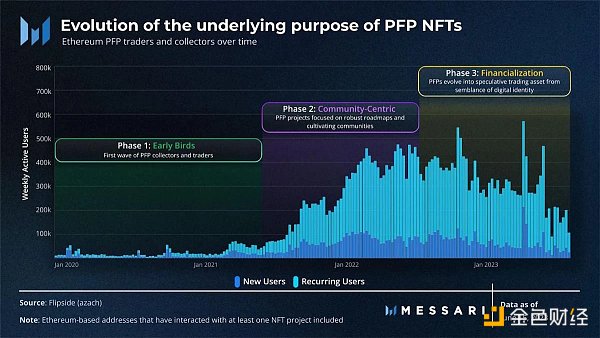A road to smart hospitals: regulatory audits made easy
Author: Taraxa, Olya Green
Why the healthcare industry is still struggling with data accuracy
A recent report by O'Reilly shows that most organizations are still busy with data quality issues due to the lack of resources to build a data governance framework. The healthcare industry is a highly regulated industry, and it is necessary to share medical operating data with regulatory agencies in a timely manner as required, so the situation is even more serious. So why is it so difficult to maintain the accuracy of regulatory data?
First, the requirements for data reporting by the US Centers for Medicare and Supplementary Services (CMS), the US Agency for Healthcare Research and Quality (AHRQ), and the Joint Commission have been changing and becoming more complex. The recent report on data quality management in 2019 clearly states that the market's demand for data quality management solutions is increasing, and organizations need a multi-functional solution to respond to changing regulatory policies:
"Agency looking for this type of information explains that regulatory requirements are usually just the minimum standards they want to achieve. For true high quality, they need tools to gain insights into all kinds of information, such as patient readmissions, treatment costs, and work Staff efficiency, etc. "(from KLAS Report, 2019)
- "Steemit lightning seizure of power" has triggered a big discussion on public chain governance. Where does the individual "voting right" go?
- EY and ConsenSys announce the launch of the baseline protocol to ensure the safe and efficient use of the Ethereum mainnet by enterprises
- Research | Interpreting the Prediction Market: Why is "stacking" important?
Secondly, because in the past, medical data has been inclined to be stored in various places (including different departments in hospitals, different source systems such as EMR, HR, etc.), the data format is now chaotic and widely dispersed. The format of healthcare data is ever-changing: there are image data from radiology departments, past paper medical records, and hundreds of lines of text and digital records carried by today's EMR electronic medical records. Aggregating these data into a unified central system enables them to be captured and processed.
However, such systems are few and far between today, mainly because deploying and managing a new data management technology stack requires a lot of financial and operational expenses. In addition, the consequences of improper data processing will continue to accumulate, such as the construction of inventory, the shortage of materials for manufacturing and packaging, the loss of resources and the loss of medical records during external audits.
How to capture high-quality healthcare data with greater confidence
To reduce various expenses and improve the management efficiency of people and tangible assets, both the sales and supply sides of the healthcare industry need data management systems to maintain regulatory data (for external audits) and planning data (for cost-effective and Production optimization). By acquiring data in this environment, stakeholders can proactively improve internal logistics, such as medical supplies and pharmaceutical assets, while better controlling human assets. These feasible solutions will ultimately optimize the utilization of existing resources and create more revenue opportunities.
Given the unpredictability of the data supply chain in the healthcare industry, we propose the following solutions to accelerate data optimization:
- Realize the electronicization of all medical and operating data, and build a simple database interface;
- Create a metadata repository to improve data integrity;
- Anchor all read / write access to the blockchain to create an immutable audit trail channel;
- Real-time analysis and response to data through streaming data architecture.
By building a mature data architecture optimization platform, collecting operating data and metadata from stakeholders and suppliers, while retaining complete audit records:
- Browse data in real time: Monitor data at any given time through custom filters;
- To accelerate the gains, it is necessary to ensure the quality of data from the source;
- End users can easily access EMR data through a simple login function, and consumers can generate detailed reports consistent with doctor's orders;
- Better compliance monitoring: Align clinical sampling guidelines with regulatory submission specifications;
- Improve the hospital's bio-detection capabilities and improve the identification and control of diseases and infectious diseases.
We will continue to update Blocking; if you have any questions or suggestions, please contact us!
Was this article helpful?
93 out of 132 found this helpful
Related articles
- Reflections on the "Wei Union Deletion Event": the advantages of blockchain technology and the disadvantages of blockchain industry
- Defi Attack: Open Finance for Open Finance
- Perspectives | DeFi Insurance Design: Always Start with General Equilibrium and Reduce Systemic Arbitrage
- On the road to industry, how does a decentralized blockchain replace the centralized Internet?
- Viewpoint | Blockchain is the only way to realize the digital economy in cyberspace
- Weekly | FCoin incident continues to ferment, 12 listed companies disclose blockchain business
- Viewpoint | What is the first principle of decentralization of blockchain?






